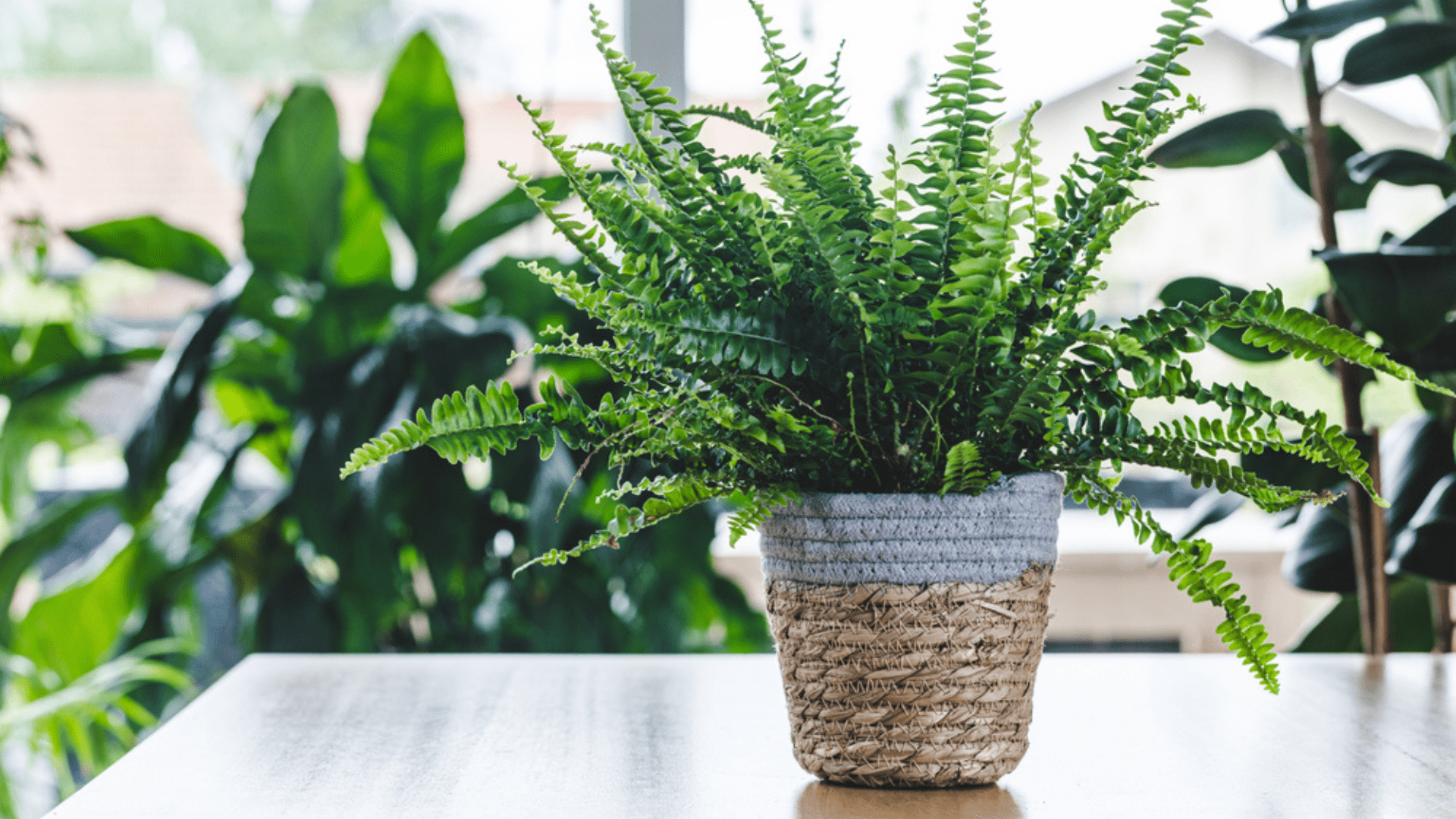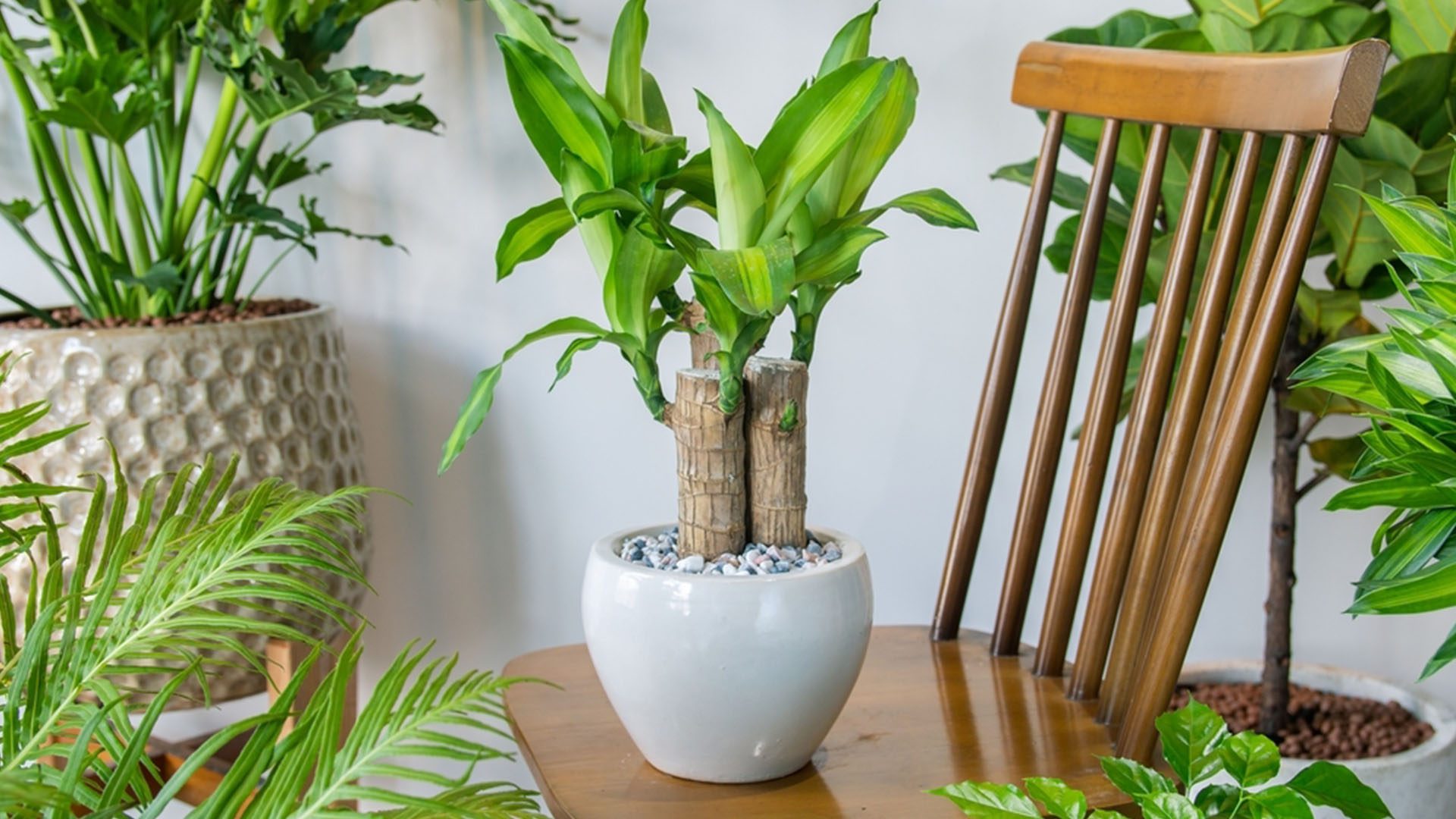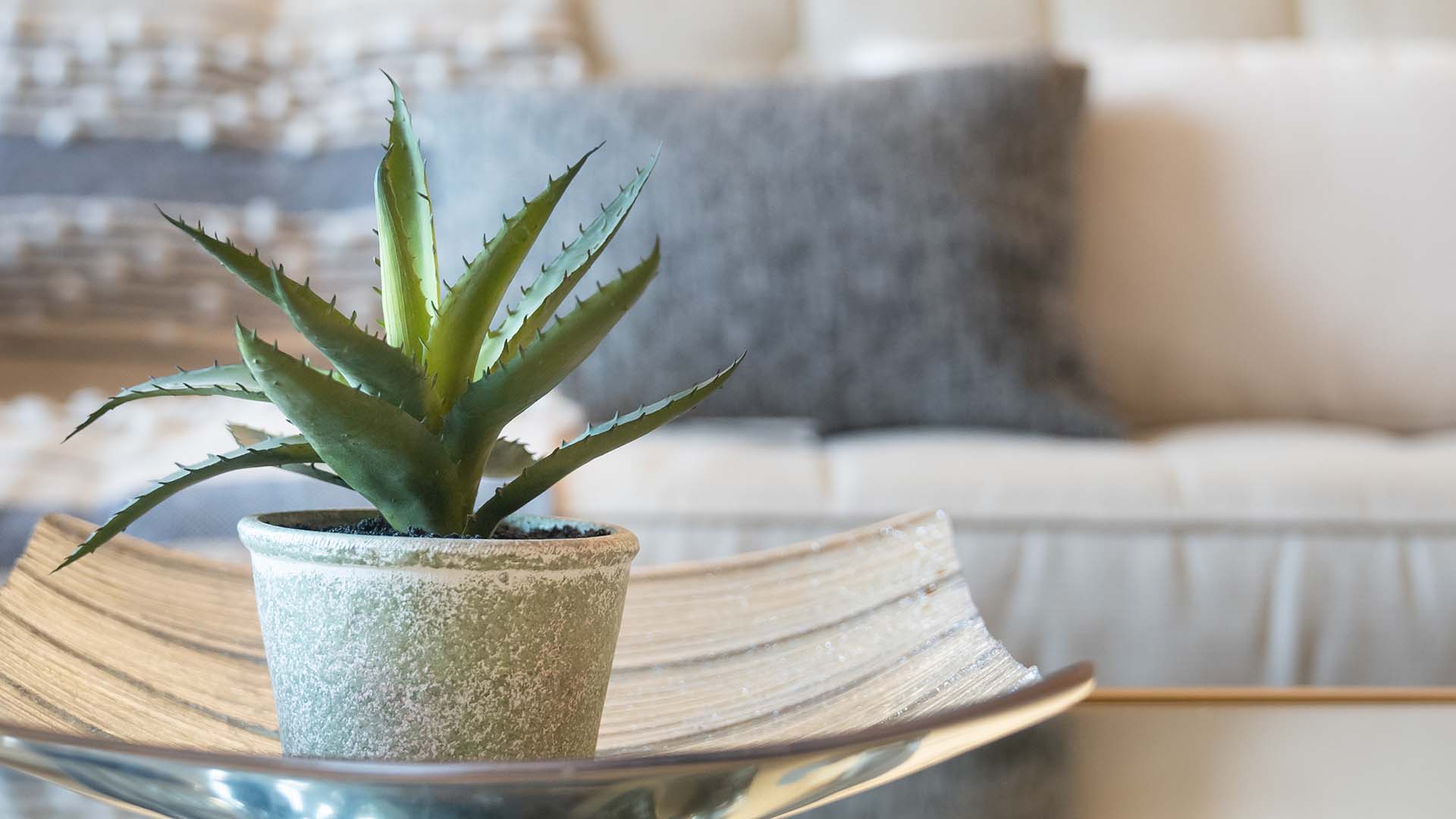According to the Sleep Foundation, adults ages 16 to 64 require seven or more hours of sleep per night. Simultaneously, according to their 2023 report, more than one-third of US adults sleep less than seven hours per night. Add one of these houseplants to your bedroom to promote a good night’s sleep.
1. Jasmine
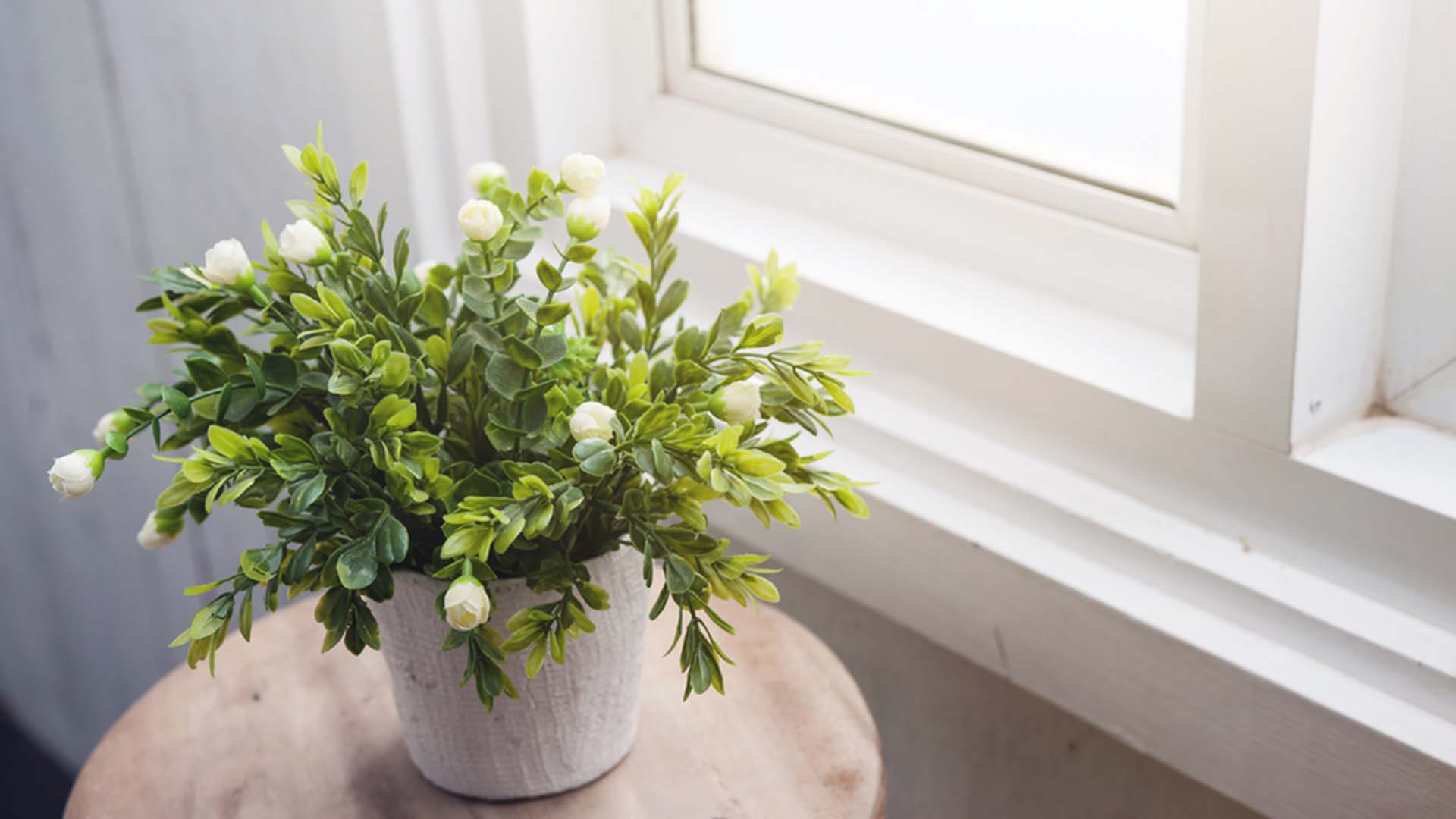
Jasmine plants emit a sweet aroma that helps to reduce stress and anxiety, promoting a better night’s sleep. Studies have shown that people who fall asleep with jasmine wake up feeling calmer. With white flowers that bloom during the summer months, this plant does best with direct sunlight and will need to be watered more frequently when flowering.
“Jasmine is known for its sweet, pleasant smell and is perfect for refreshing your room and helping you get a restful and comforting sleep,” says Kelly Funk, of Jackson & Perkins and president of Park Seed. “The scent can promote calm during the night and increase mental performance during the day.”
2. Lavender
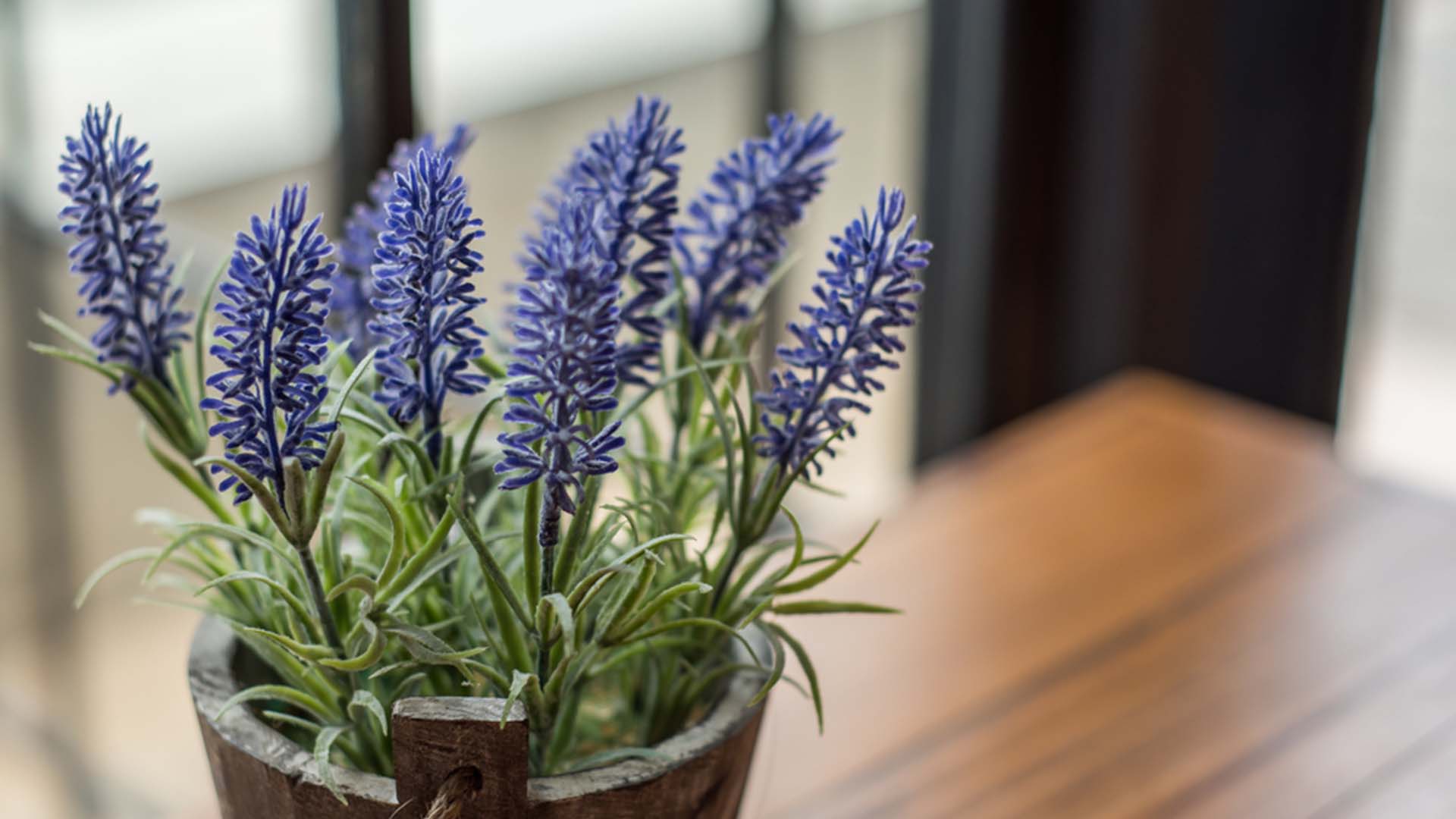
“For many people, the scent of lavender stimulates a relaxation response,” says Wendy Troxel, a senior scientist at the RAND Corporation and author of Sharing the Covers: Every Couple’s Guide to Better Sleep. “A sachet of lavender underneath your pillow, a spritz of lavender pillow spray, or a lavender scented eye mask are some examples of ways to incorporate the calming properties of lavender into the bedtime routine.”
An excellent sleep aid due to its calming scent, this plant will thrive with 8 hours of sunlight daily in a warm, bright spot in your home. In terms of waterings, newly planted lavender will need to be watered once to twice per week but a mature lavender plant will only need to be watered once every two to three weeks.
3. Chamomile
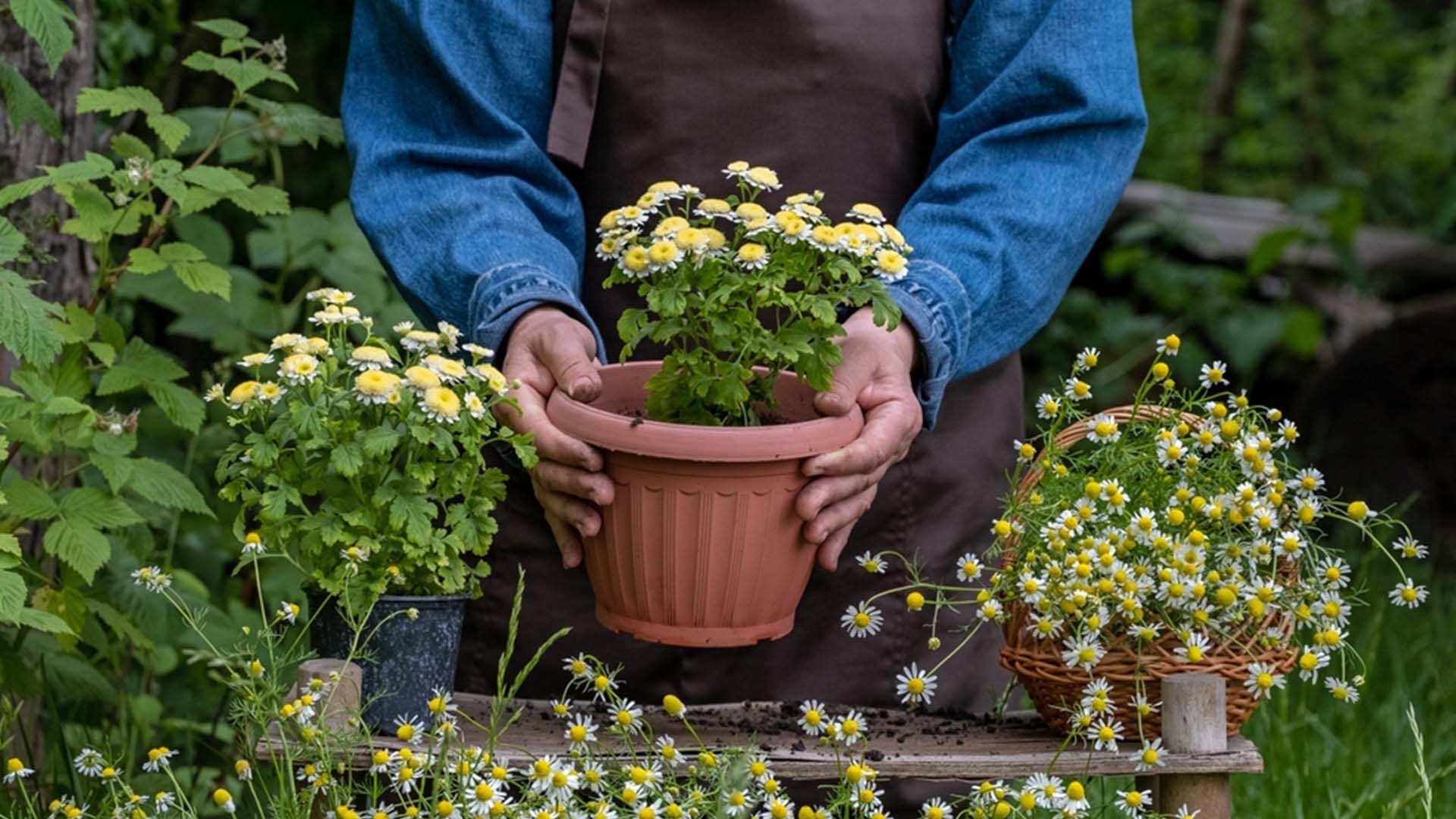
“The fragrance induces sleep and promotes uninterrupted slumber, as well,” says Funk. “You can even make fresh tea out of the blooms for extra comfort.”
Popular in teas and essential oils for its relaxation properties, keeping a live chamomile plant in the bedroom will also work to promote a good night’s sleep. They do best in either full sun or partial shade with four to six hours of sunlight per day and approximately an inch of water per week.
4. Rosemary
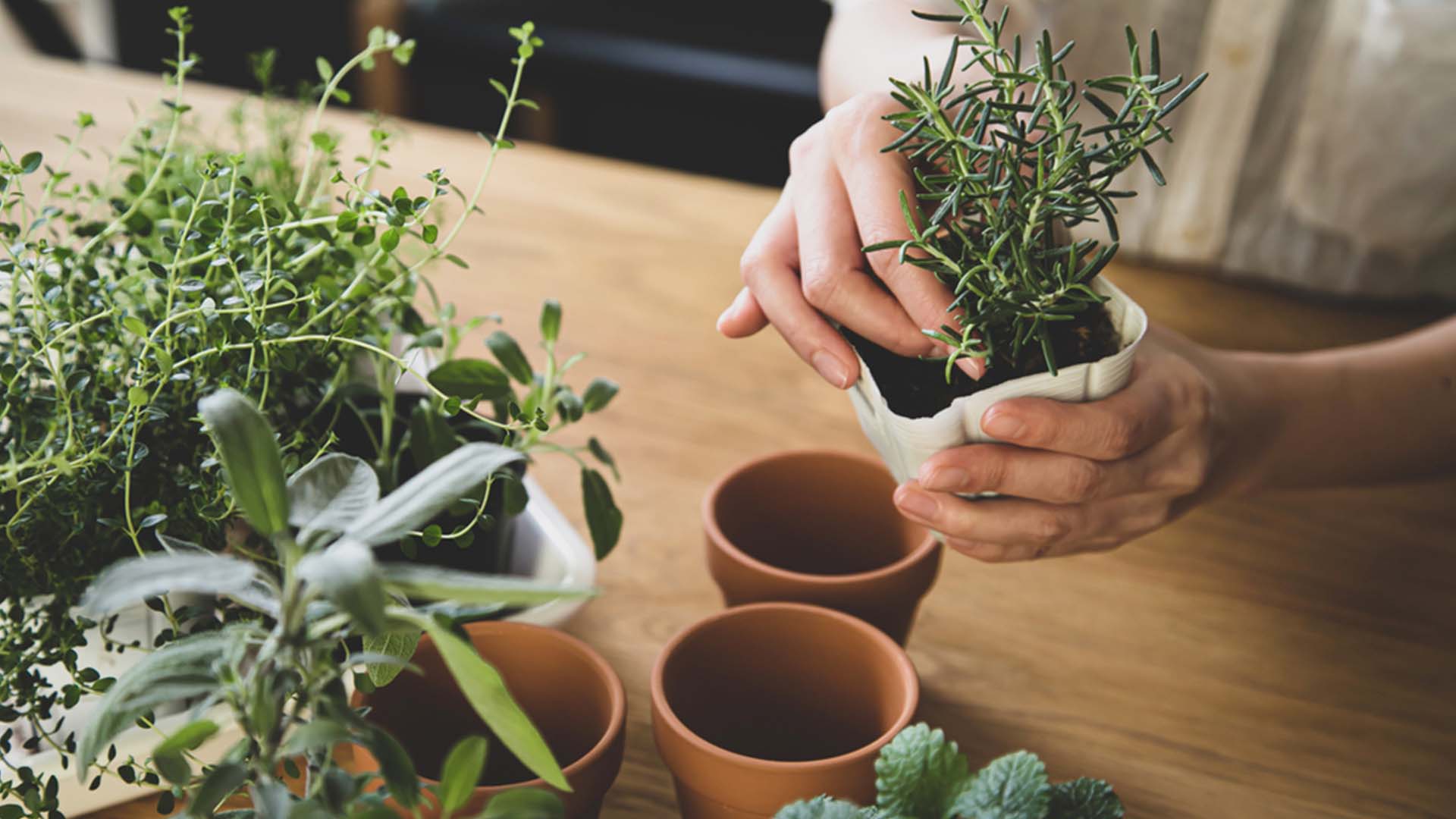
“With its organic, sweet aroma, this is a delicious herb that is great for cooking, but also great for relaxing and inducing sleep,” says Funk. “Place it on your bedside table to doze off easily.”
Another excellent sleep aid, rosemary plants require full sun for at least six hours per day and don’t tolerate shade well. This plant will do best when placed in a south-facing window and when watered sparingly, allowing the top few inches of soil to dry out between waterings.
5. Gardenia
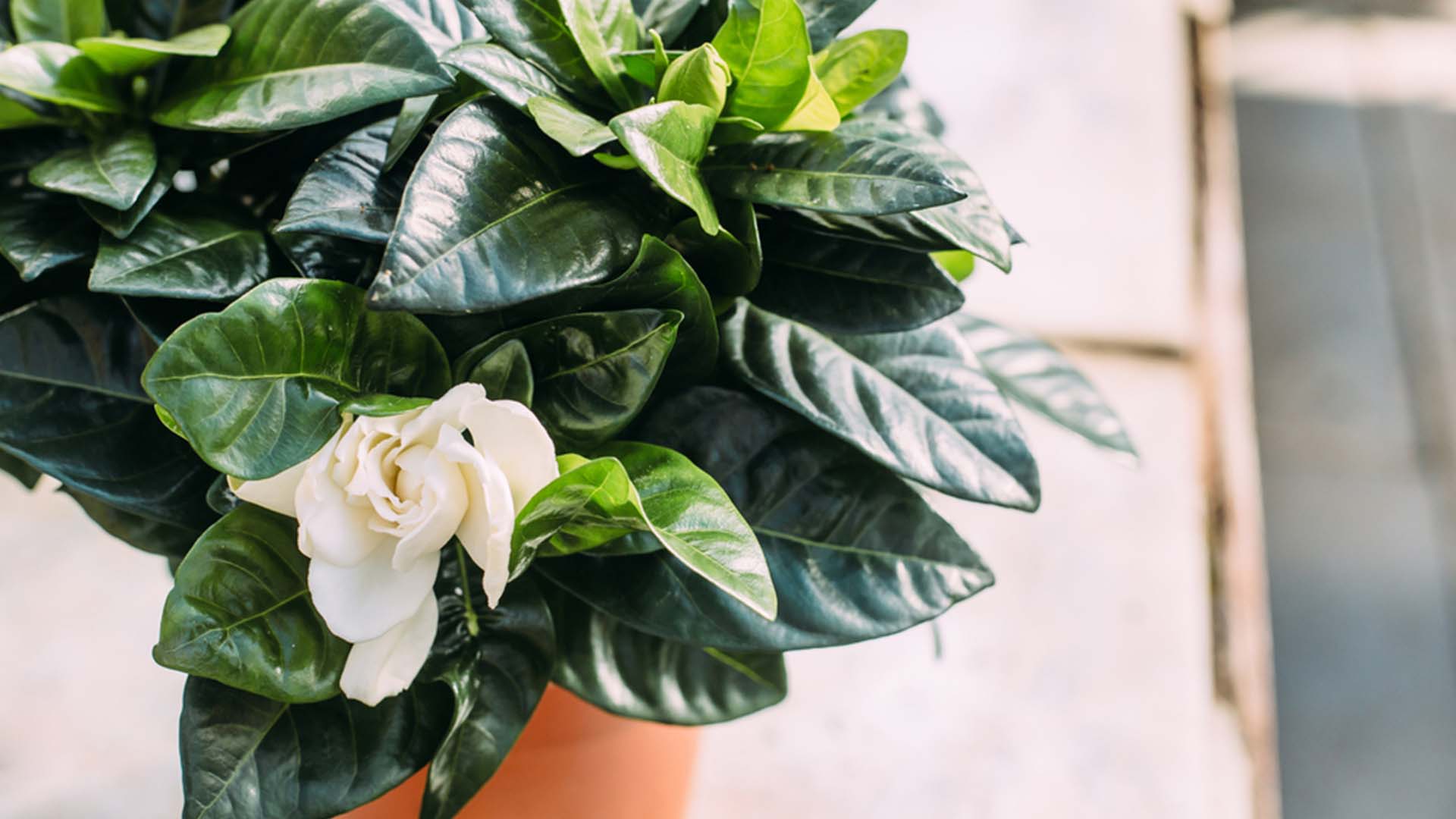
A German study tested the effects of Gardenia on mice and found that these flowers had the same effects as valium on the neurotransmitter in the brain known as GABA. When planted indoors, gardenias prefer bright light but not direct sunlight. They will do place if placed in a sunny window that gets shade in the afternoon. They will also need approximately one inch of water per week.



